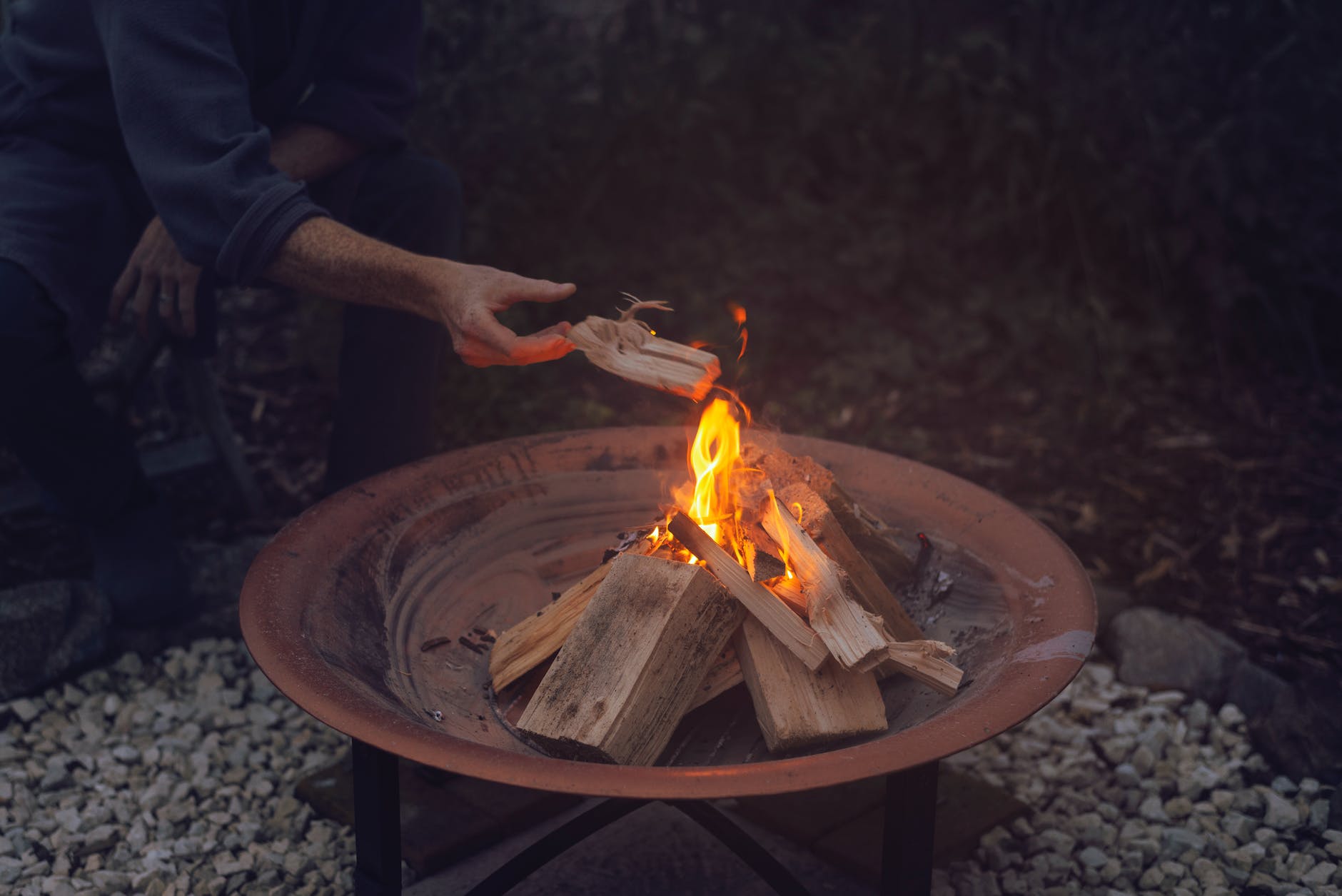From ancient times to the modern digital age, the use of psychedelics has been an integral part of indigenous cultures, fostering spiritual traditions and healing practices that continue to enlighten and nurture communities. These sacred rituals and practices offer profound insights into how entheogens, or psychedelic substances, are harnessing an underlying principle – one of spiritual connectivity to both self and cosmos.
At the heart of most indigenous cultures lies shamanism – a practice based on interacting with the spiritual world through altered states of consciousness. Shamans typically serve as healers, guides, and teachers, utilizing plant medicines like ayahuasca and peyote as essential tools in their work.
Ayahuasca, a brew made from the Banisteriopsis caapi vine and other ingredients, is an integral part of many South American tribes’ spiritual practices. Used in ceremonial settings, ayahuasca provides deep introspection and psychological healing, often described as a rebirth. Studies have highlighted ayahuasca’s potential therapeutic benefits for mental disorders such as depression and PTSD MAPS.org .
Equally important in indigenous healing practices is peyote – a small, spineless cactus native to Mexico and southwestern Texas and endowed with powerful psychoactive compounds. Peyote has been integral to spiritual traditions of the Native American Church and various Mexican tribes. Beyond the spiritual, research suggests peyote may help individuals cope with psychological and substance use disorders Nature .
Ethnobotany, the study of a region’s plants and their practical uses through local indigenous knowledge, has documented diverse use of psychoactive plants in numerous cultures globally. For instance, the iboga root, native to West Central Africa, has been used by the Bwiti religion to induce spiritual awakening and social bonding NCBI .
In contrast to the Western perspective, which often views psychedelics as recreational drugs, indigenous cultures see these substances as sacred, granting access to other dimensions of consciousness and profound realms of the psyche. This perspective is an echo of ancient wisdom, where Mother Earth’s offerings were revered, and harmony with the natural world was a guiding principle.
The indigenous use of psychedelics also includes an intricate array of rituals and decorum. These sacred rituals involve carefully calibrated use of plant medicines, community participation, songs, and reverence for spiritual entities. This thoughtful and respectful approach contrasts sharply with the casual and often risky consumption pattern found in contemporary societies.
The cultural preservation of these practices, despite the relentless march of globalization, is a testament to the enduring wisdom of indigenous cultures. Assertion of their cultural rights has been instrumental in maintaining traditional uses of entheogens. A landmark example was a Supreme Court decision in the United States that permitted the Native American Church to continue its religious use of peyote Supreme Justice .
However, challenges persist due to the growing interest in psychedelic tourism. While this surge allows for greater understanding and appreciation of these ancient practices, it also risks commercialization and misappropriation. Therefore, it’s vital that cultural respect and reverence be maintained to safeguard these ancient traditions.
Indigenous cultures continue to teach us that psychedelics, when used appropriately, extend beyond mere substances. They are sacred tools, keys to unlocking profound realms of wisdom, healing, and connection. These practices remind us of our deep ties with nature and our ability to learn, grow, and heal from her offerings.
The exploration of psychedelics in indigenous cultures, bridging the old with the new, is an enriching journey. It underscores the need for respectful learning and cooperation with indigenous communities as we delve deeper into the potential of these plant medicines. Overall, it calls for an approach rooted in respect, understanding, and compassion – principles that are as timeless as the cultures that birthed them.
Source:
1. MAPS.org – Ayahuasca
2. Nature – Peyote
3. NCBI – Iboga
4. Supreme Justice – Peyote Case






